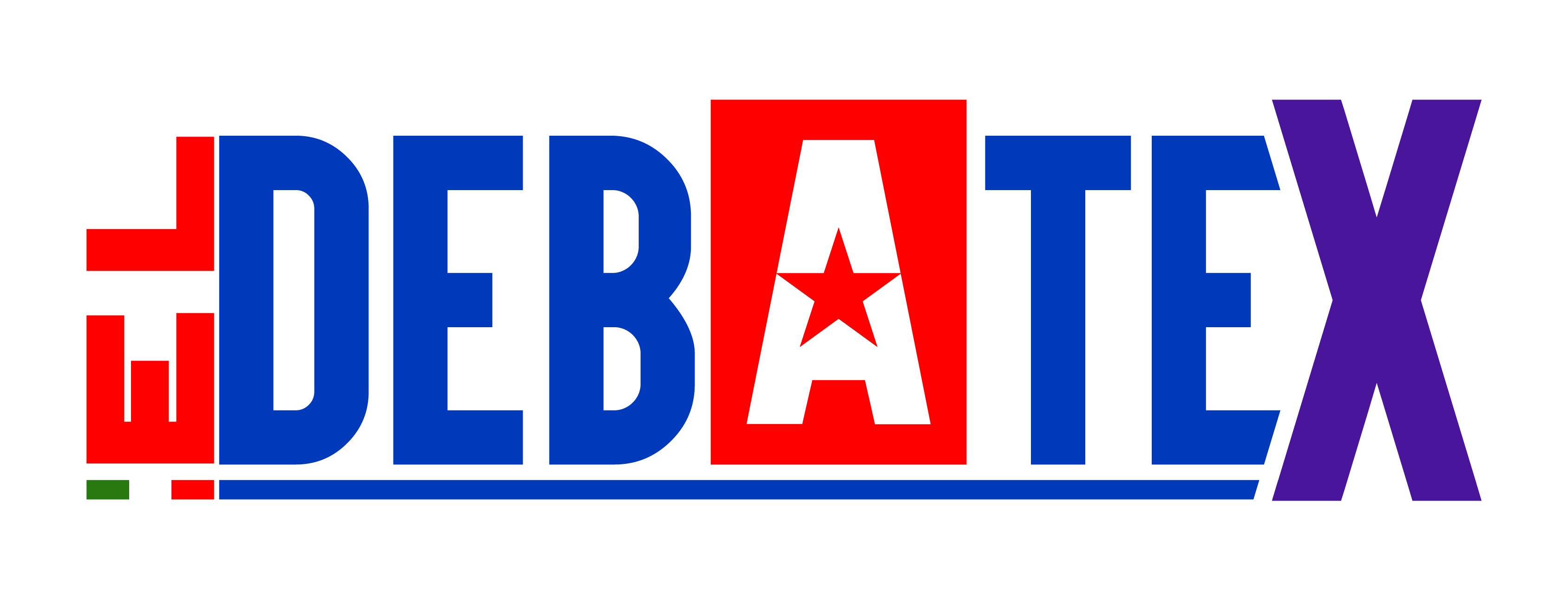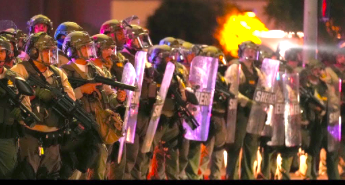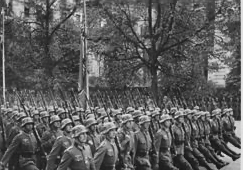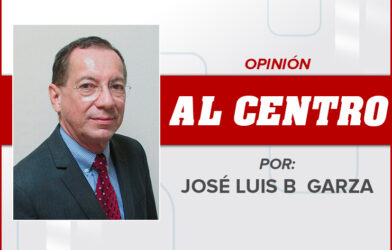IN SINTHESIS
The Second Act of the Federal Conflict in Los Angeles
By Alfredo Cuéllar
“When fear becomes institutionalized,
hope seeks other forms of resistance.”
I. Power Does Not Retreat: Militarization Intensifies
Since the publication of “Los Angeles in Cold Flames,” as I anticipated, the conflict has escalated. Trump has doubled the number of Marines and ordered the deployment of new National Guard battalions in California, deliberately ignoring the consultation process with the state government. The message is clear: this is not about security, it is about domination.
II. Newsom vs. Trump: A Constitutional Confrontation
Governor Gavin Newsom has not remained silent. He has filed a formal lawsuit against the federal government for violating the principles of federalism by militarizing the state without authorization. This legal battle is not only judicial—it is symbolic: can a state protect its people from its own president?
III. A Hostile House: Democratic Governors Under Fire
The federal Congress, now controlled by the Republican Party, has summoned the governors of Minnesota, Illinois, and New York to testify about their alleged “complicity” in acts of civil disobedience. They are not looking for answers—they want to set an example. Once again, democracy becomes a stage for political spectacle.
IV. The Truce with Musk: Politics, Ego, and Calculation
Elon Musk’s apparent regret over his criticisms of Trump was not spontaneous. It was the result of private conversations between him, Trump, Vice President J.D. Vance, and Chief of Staff Susie Wiles. The politics of fear is also fed by the silence of the powerful.
V. Curfew: The Mayor Closes Ranks
Karen Bass, the mayor of Los Angeles, decreed a curfew that has polarized the public. Some see it as protection; others as capitulation. In any case, it reveals that the conflict is no longer just vertical (federation-state) but also transversal (power-citizenry).
VI. Micropolitics of Withdrawal: Are Protests Declining?
Though the outrage is still alive, the protests have diminished. Trump’s power, his machinery of intimidation, and legal threats have taken effect. Many leaders are exhausted, some lack resources, and others are fearful. The movement is legitimate but remains dispersed, poorly funded, and vulnerable.
VII. The June 14 March: Last Spark or New Fire
A national demonstration has been called for Saturday, June 14. It could mark a turning point. But it is also possible that, if repression intensifies, the act will be symbolically powerful but logistically costly. The real challenge is to channel that energy into sustained and organized action.
VIII. Itinerant Strategy: Protest to Exhaust
An idea that has gained traction is to decentralize the protest. Changing cities forces the federal apparatus to move, spend, and reveal its logistical inefficiency. Cities like Austin, Denver, Philadelphia, Tucson, Oakland, and Milwaukee could be strategic scenarios. These are places with supportive communities, attentive media, and geopolitical symbolism.
IX. November 3, 2026: The Magical Date
The next major national referendum will be on November 3, 2026. That date will determine whether the House and Senate can be retaken. The mobilization must not exhaust itself in the streets: it must be converted into votes. The strategy must be threefold: resist today, survive tomorrow, and win at the polls.
X. International Repercussions: A Watched United States
Human rights organizations, allied governments, and international media have begun to look with alarm at what is happening in California. The image of the United States as a defender of democracy is cracking. And that has a cost: political, diplomatic, and moral.
XI. Mexico in the Mirror: Between Accusation and Omission
Tensions have crossed the border. In recent statements, Donald Trump and several Republican lawmakers have directly accused Mexican President Claudia Sheinbaum of instigating the protests in Los Angeles and other sanctuary cities. Although they have presented no concrete evidence, the narrative seeks to internationalize the blame and portray the Mexican government as a subversive actor.
Meanwhile, the Mexican government watches with increasing concern the threat of a 3.5% tax on remittances, a proposal that has reemerged in the Republican agenda. Such a tax would be devastating for millions of Mexican families, and for a country whose economy heavily depends on these transfers. The implicit message is clear: if Mexico does not control migration, it will pay the economic consequences.
In this context, Mexico’s strategy must be multi-channel and bold:
1. Active consular defense: Consulates cannot limit themselves to issuing statements. They must provide mass legal assistance, psychological support, visible diplomatic protection, and even direct participation in local solidarity networks. Each raid must be followed by a coordinated consular response.
2. Multilateral diplomacy: Mexico must turn to international forums —such as the UN, IACHR, and OAS— to denounce the military use against migrant civilian populations. This is not a bilateral conflict but a global human rights violation.
3. Coordination with the diaspora: The more than 45 million people of Mexican origin in the U.S. are a moral, political, economic, and symbolic force that can be organized. Mexico must listen, accompany, and amplify their voices—not act from afar with bureaucratic caution.
4. A presidential message that is firm but intelligent: Sheinbaum must reject the accusations with dignity but without falling into provocation. She has the opportunity to position herself as a global defender of human rights without feeding Trump’s confrontational narrative.
Mexico must not act out of fear but with strategy. History shows that when national dignity is defended with intelligence, even imperial power trembles.
XII. Conclusion: The Flame Is Not Out
The fire has not been extinguished. It has only changed form. What began as a response to a raid is now the symbol of a deeper struggle: for the autonomy of states, for the rights of migrants, and for dignity in the face of unchecked power.
And as the old resistance manuals teach: not every retreat is a defeat. Sometimes, it is a tactical repositioning to prepare for the next offensive.
Dr. Alfredo Cuéllar
Father of Micropolitics and Creator of the International Case Method Model. Contact: alfredocuellar@me.com












